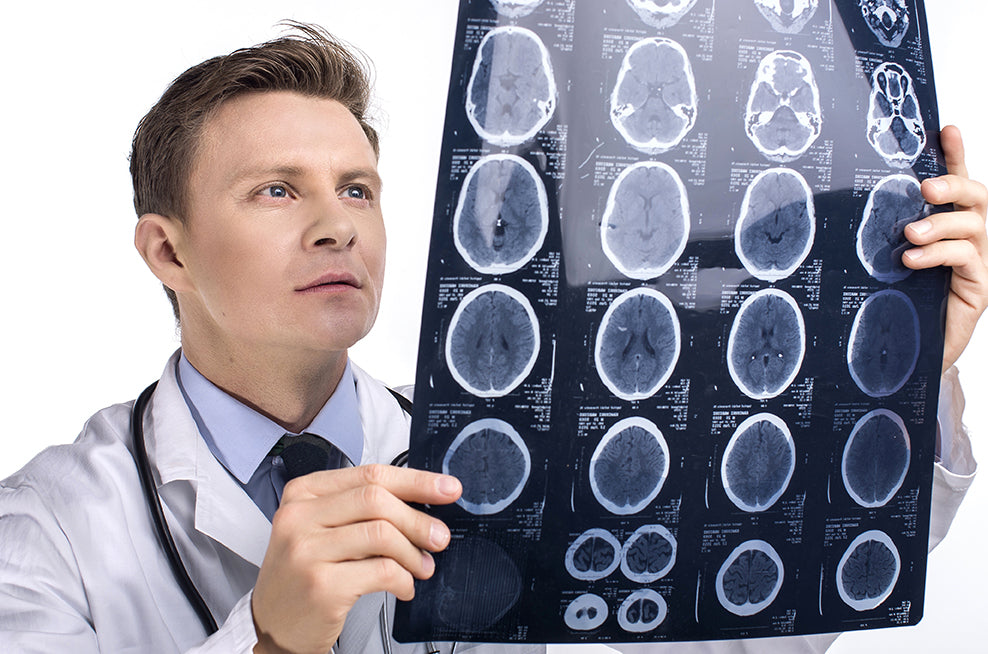
Hyperbaric Oxygen therapy (HBOT) in conjunction with intensive rehabilitation has been demonstrated to enhance the recovery from traumatic brain injury (TBI) and to augment brain activity by reducing hypoxia and neuroinflammation while increasing circulation in the brain. These benefits also have implications for those who sustain a concussion or mild brain injury.
Concussion & Traumatic Brain Injury
Concussions, known as traumatic brain injuries (TBIs), are conditions that inflict damage upon the brain. These injuries are typically caused by external forces, which can range from penetrating wounds that breach the skull to closed-head incidents.
In their diverse manifestations, concussions exhibit varying degrees of severity. Irrespective of the severity, all concussions are recognized as serious injuries that necessitate evaluation by a healthcare professional. Athletes, both professional and adolescent, particularly those involved in contact sports, are at a heightened risk of experiencing concussions. Similarly, veterans returning from Iraq and Afghanistan often bear the brunt of TBIs as their distinctive injury. Nevertheless, it is crucial to recognize that anyone can fall victim to a concussion. Whether through sports mishaps, motor vehicle accidents, or falls, all these scenarios have the potential to result in traumatic brain trauma.
Symptoms—emotional, physical and cognitive—may include headache, dizziness, memory loss and personality changes. They can be short-lived or last for months or even years without resolving.
The use of Hyperbaric Oxygen Therapy to treat concussions and traumatic brain injuries in patients aims to relieve symptoms and accelerate recovery by promoting damaged tissue repair and angiogenesis, or blood vessel growth.
Hyperbaric Oxygen Therapy (HBOT) provides a range of benefits for individuals with concussions and traumatic brain injuries (TBIs):
-
Accelerated recovery: HBOT can expedite the healing process and promote faster recovery from concussions and TBIs.
-
Reduced inflammation: HBOT has anti-inflammatory effects, which can help reduce brain inflammation caused by concussions and TBIs.
-
Enhanced oxygenation: HBOT increases oxygen levels in the brain, improving oxygen supply to damaged tissues and supporting their healing and regeneration.
-
Cognitive improvement: HBOT has the potential to improve cognitive function, including memory, attention, and processing speed, in individuals with concussions and TBIs.
-
Pain relief: HBOT may help alleviate headache and other forms of pain commonly associated with concussions and TBIs.
-
Increased energy and well-being: By improving oxygen delivery, HBOT can enhance overall energy levels and contribute to a sense of well-being.
-
Neuroplasticity promotion: HBOT can stimulate neuroplasticity, allowing the brain to reorganize and form new connections, which is crucial for recovery and rehabilitation after concussions and TBIs.
-
Improved quality of life: By addressing various aspects of concussion and TBI recovery, HBOT can enhance the overall quality of life for individuals affected by these conditions.
It is essential to consult with a medical professional to determine the suitability and potential benefits of HBOT for your specific situation. Individual responses to HBOT may vary, and a personalized treatment plan is recommended for optimal results.
Clinical studies have demonstrated the following benefits of hyperbaric oxygen therapy for those recovering from traumatic brain injury.
ENHANCE NEUROLOGICAL REPAIR AND REGENERATION
Hyperbaric oxygen therapy enhances neurological repair and regeneration in people recovering from traumatic brain injury (TBI).
- Attenuates the Effects of Hypoxia and Inflammation in the Brain
- Promotes Neurogenesis
- Moderates Mitochondrial Disorders
- Enhances Stem Cell Mobilization and
Proliferation - Increases Penumbra Tissue Recovery
- Stimulates Neuroplasticity
- Induces Remyelination
- Augments Concussion Recovery
IMPROVE OVERALL FUNCTION WITH HBOT
- Advances Cognitive Function
- Improves Gross/Fine Motor Skills
- Enhances Speech and Language
- Alleviates Spasticity
- Lessens Frequency of Seizures
- Stimulates Better Eye Contact
- Improves Balance and Walking
